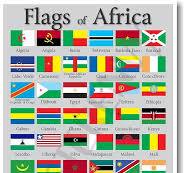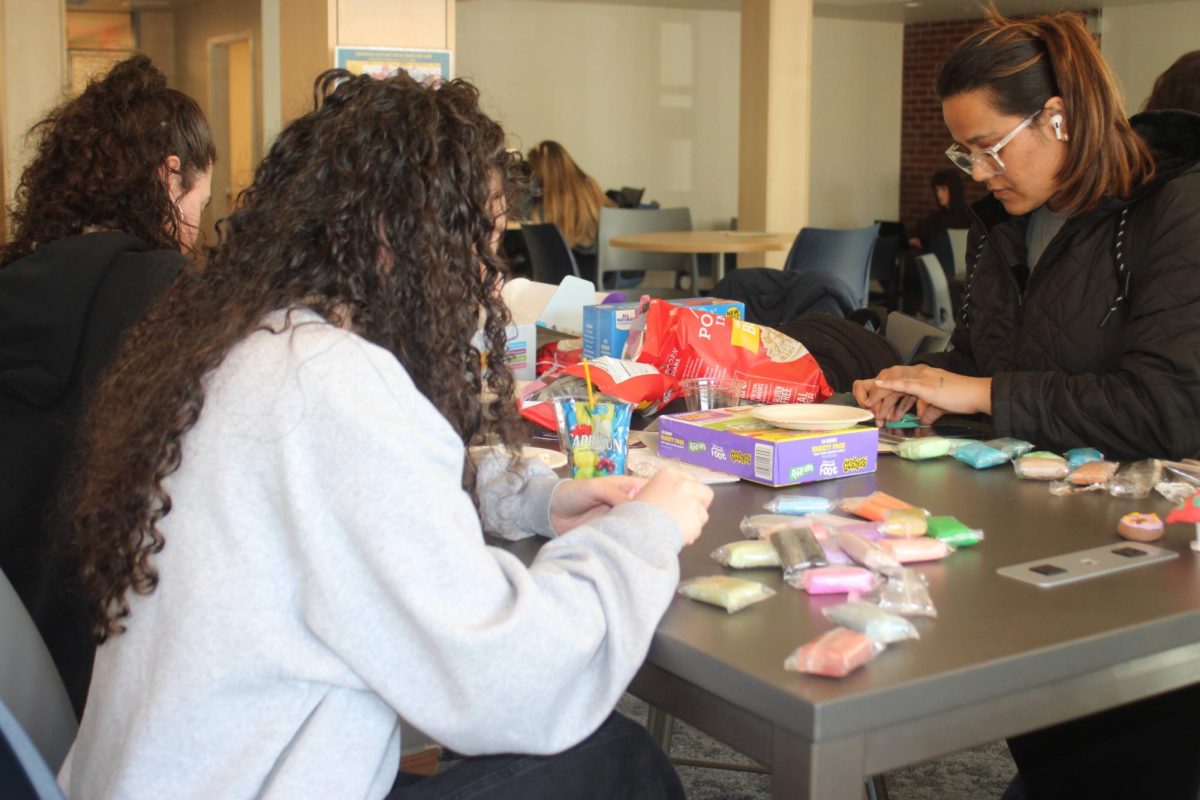The Free Application for Federal Student Aid (FAFSA) Simplification Act will be put into effect leading into the 2024-2025 academic year. The university put out its notice on MyCharger, serving as just one of many locations for students to catch the fleeting wind of this news.
Here’s what the changes to the federal aid application look like, and what they might mean for you:
Foremost, the Expected Family Contributions (EFC) section, which typically assessed household income to determine parental or guardian contribution toward a student’s education, will be replaced with a new section called the Student Aid Index (SAI). This will remove the factor of other college enrollment from aid determination, removing the discount granted to those who have siblings in the higher education system, but it will calculate external student aid on a new scale, expecting less of a contribution from families than the prior calculation system.
FAFSA will also make changes to their Federal Pell Grant System, which will see to more students being eligible for the grant. This includes incarcerated students, as well as expansions for the federal poverty level and different family sizes.
Additionally, users will find that the form is shorter, and information surrounding tax documentation will be pulled from the Internal Revenue Service (IRS) as opposed to the manual reporting of information.
Discriminatory factors are also set to be removed from the FAFSA, seeing that drug-related convictions are no longer going to disqualify individuals from eligibility. Instead, these questions will no longer be included on the application.
This is in addition to streamlining aid opportunities for students without conventional guardians. Foster, homeless and unaccompanied individuals will be able to calculate their SAI as “provisional independent” students and receive need-based aid that way.
The application will also allow for students to list up to 20 schools of interest — an increase from years prior.
Overall, the aim is to increase the amount of need-based aid granted to students across the country. This effort will impact vast numbers of young adults, as nationally over 17.8 million students file a FAFSA application annually.
The FAFSA application for the 2024-2025 academic year will go into effect come December.
If you have any questions, you can contact the Bursar’s office located in Bergami Hall. They can be reached by email at [email protected] or by calling (203) 932-7217.







